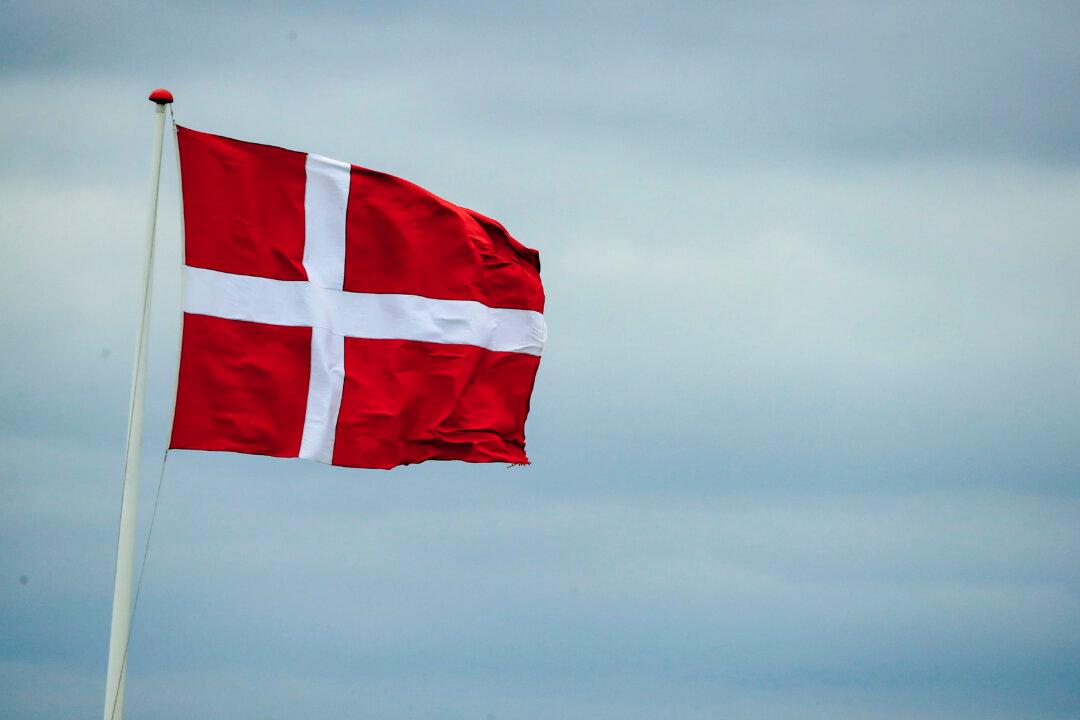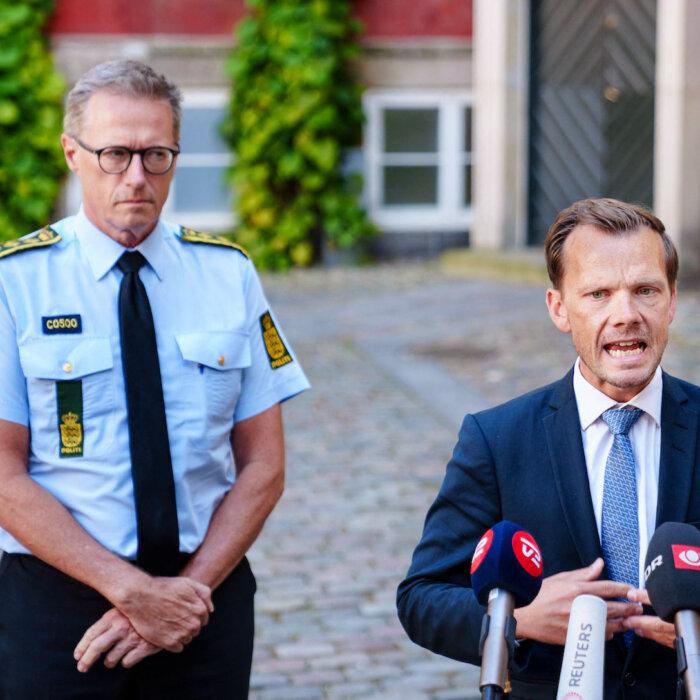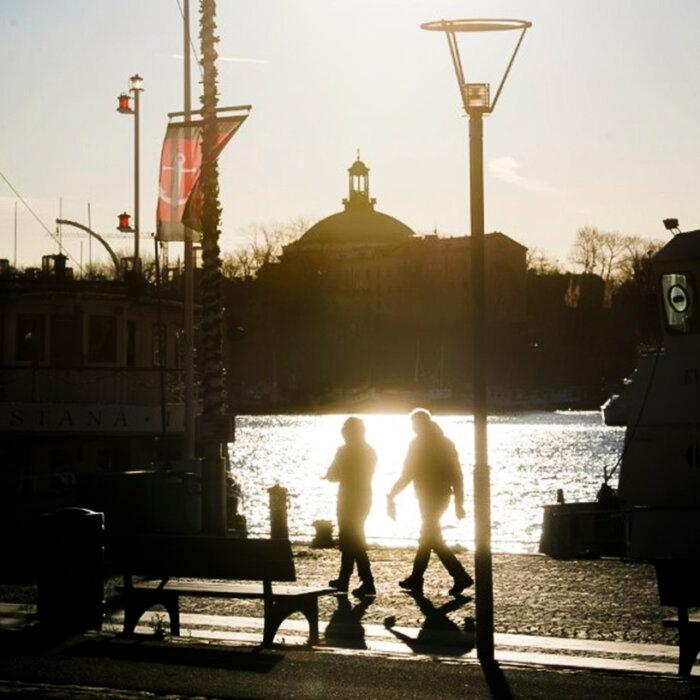Denmark faced accusations of racism at the European Court of Justice (ECJ) on Sept. 30 over its policy of demolishing minority-heavy neighborhoods to promote integration.
Copenhagen introduced what it called a ghetto package in 2018, which was a scheme to radically alter certain residential zones, including by tearing down social housing to disperse residents.
The Scandinavian nation has had reasonable success in integrating immigrants from non-Western countries, with high language proficiency and employment rates among the immigrant population.
However, Denmark’s strict immigration policies have prompted a backlash from some quarters, particularly from those affected by the 2018 plan.
At the core of the case is whether the use of the term “ethnic origin,” often used to describe people of color when classifying neighborhoods as “ghettos,” is racially discriminatory.
Denmark defines areas with more than 1,000 residents as ghettos if more than 50 percent are “immigrants and their descendants from non-Western countries” and where at least two other criteria on education, income, crime, and workforce participation are met.
A dozen residents from the Mjolnerparken area of Copenhagen first filed a case against the Danish Ministry of Social Affairs in 2020 after facing eviction.
A Danish court in 2023 requested a preliminary ECJ hearing to determine whether the term “ethnic origin” should be interpreted as including “non-Western” background and, if so, whether this was discriminatory.
Eddie Khawaja, a lawyer for the residents, said the plaintiffs feel they are being stigmatized.
“They feel offended by the fact that in everyday speech, in legislation, in all the political proposals that surround this, they have been referred to as residents of ghetto areas,” Khawaja said.
The Denmark Ministry of Social Affairs declined to comment, saying it did not discuss ongoing cases.
Once the ECJ has reached a conclusion, the case will return to the Danish court, which will decide how to apply the ruling.
Earlier this month, Danish Prime Minister Mette Frederiksen said that she viewed immigration as the No. 1 issue facing Europe apart from the war in Ukraine.
“We have to be, unfortunately, quite tough on migration,” Frederiksen said during an interview with Bloomberg.
“We have to be able to help people, still, but we can help many more people if we help outside Europe.”
Frederiksen has been prime minister of the country since 2019 and leader of the left-of-center Social Democratic Party since 2015.
Numerous nations across the continent are seeing a rise in support for parties in favor of lowering the number of immigrants.
Alternative für Deutschland in Germany, Marine Le Pen’s National Rally in France, Giorgia Meloni’s Brothers of Italy, Austria’s Freedom Party, and the Sweden Democrats have all had recent success on a platform of limiting immigration.
Many observers have seen Denmark as ahead of the curve in taking a strong line on the issue of immigration.
Last year, the country revoked residency permits for Syrian refugees, declaring some parts of the war-torn country safe for return, before backtracking following international backlash.
In 2021, the country passed a law that would allow refugees arriving in Denmark to be moved to asylum centers in partner countries, such as Rwanda, a proposal that the European Commission criticized.
Copenhagen also has a policy of paying some immigrants up to $14,800 to voluntarily return to their country of origin and has considered detaining illegal immigrants on a remote island.







